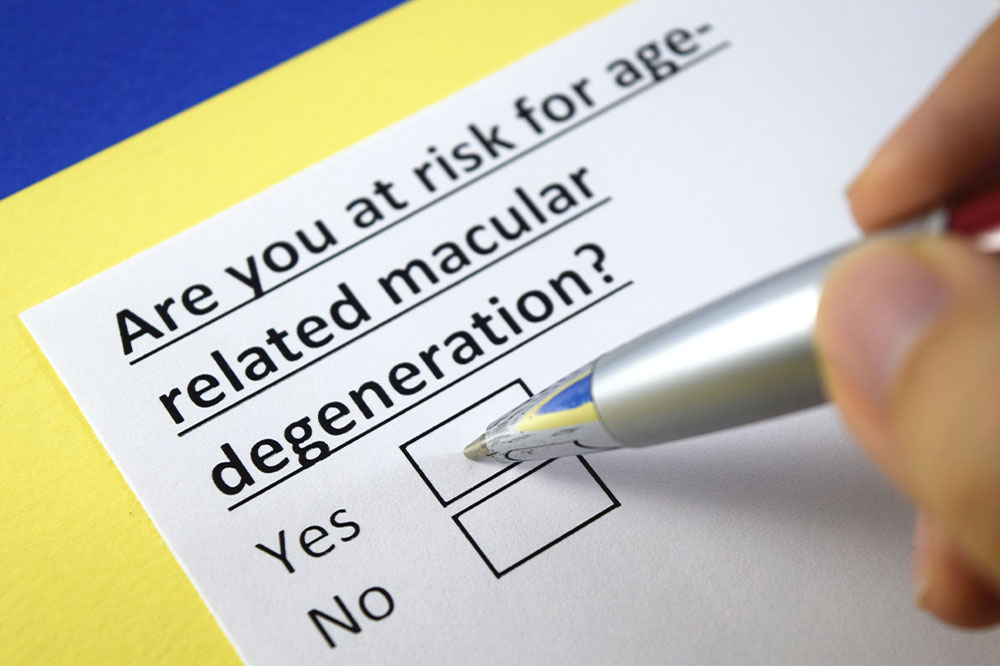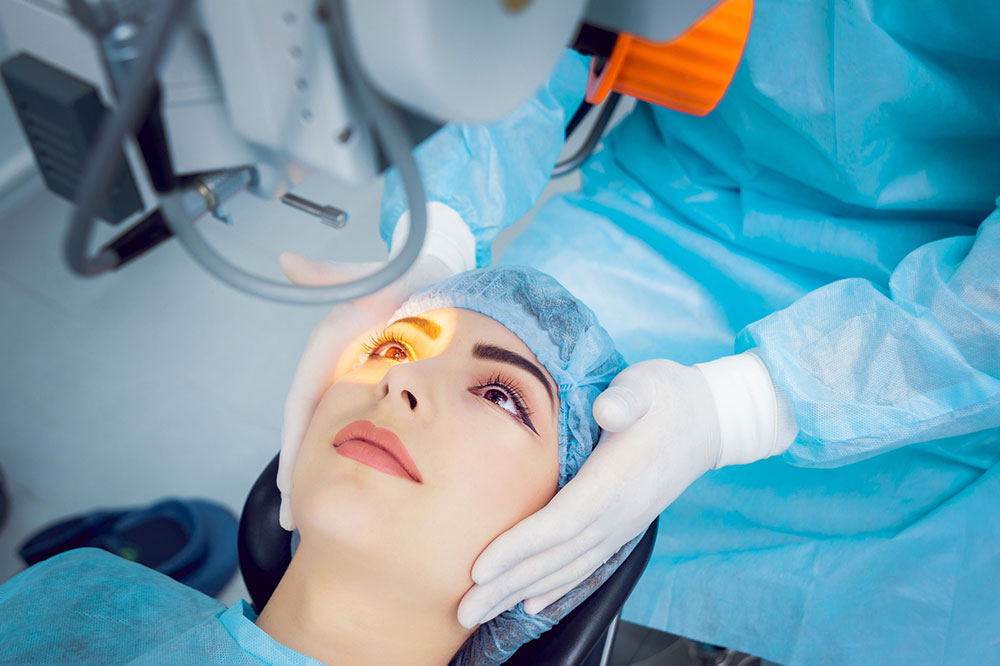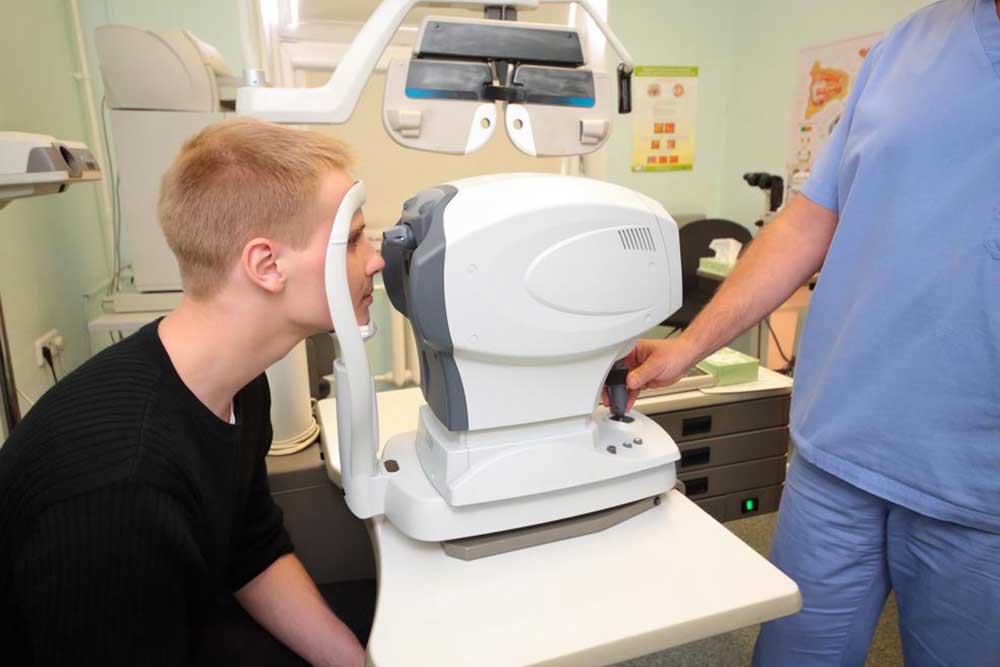Understanding Age-Related Macular Degeneration: Early Signs and Nutritional Support
This article explores the early signs of age-related macular degeneration (AMD) and highlights foods that can support eye health. Recognizing symptoms like vision distortion and blurriness is essential for early detection. Nutritional choices such as omega-3 rich fish and leafy greens can play a role in prevention. Designed to inform, it emphasizes consulting healthcare professionals for personalized care to maintain good vision, particularly for those over age 50.

Understanding Age-Related Macular Degeneration: Early Signs and Nutritional Support
Macular degeneration is a condition characterized by deterioration of the central part of the retina, called the macula, leading to progressive vision loss. Commonly linked to aging, it is often termed age-related macular degeneration or AMD. Without timely intervention, AMD can cause significant visual impairment and is a leading cause of blindness among individuals over 55.
Recognizing Early Symptoms
Early detection is crucial. Watch for symptoms such as vision distortion and blurriness in the early stages of AMD.
Visual Distortion and Blurriness
If object outlines appear wavy or vision becomes blurry with age, especially after 50, it may indicate early AMD.
Changes in central vision, such as spotting shadows, white spots, or dark areas, are warning signs to be aware of, especially for those over 50.
Dietary Strategies for AMD Prevention
Incorporating specific foods into your diet can help slow AMD progression. Here are some recommended options.
Fatty Fish (Salmon, Mackerel, Sardines)
Rich in omega-3 fatty acids such as EPA and DHA, fatty fish help reduce inflammation and promote retinal health. Regular consumption may lower AMD risk.
Leafy Green Vegetables
Vegetables like spinach and kale are packed with antioxidants including Vitamins A, C, and E, along with zinc and copper, essential for maintaining healthy photoreceptors in the retina and supporting visual function.
Note:
The information provided on symptoms, treatments, and health conditions is intended for educational purposes only. It should not be considered medical advice. Always consult licensed healthcare professionals for diagnosis and treatment options tailored to your individual needs.










